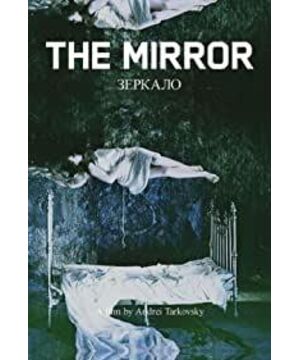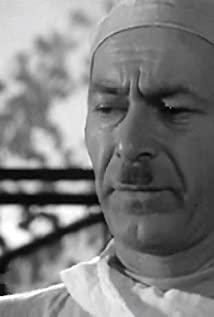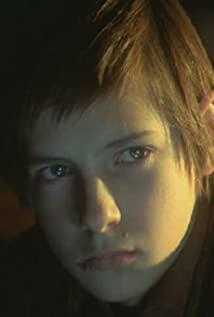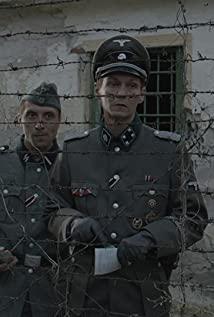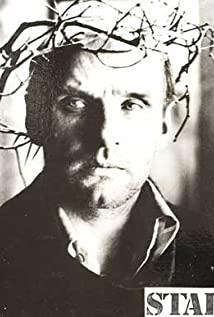——————————————————
For the French, "Mirror" reminds them of Proust's world, that is, memory.
For Proust, time is more than just time, but for a Russian, he would not ask such a question. We Russians must protect ourselves, and what Proust needs is self-promotion. There is such a powerful tradition in Russian literature. It centers on the memories of childhood and youth, trying to solve problems with one's own past, which is a way of regret.
So is "Mirror" like this? Does it also embody this type of literature?
Yes. Moreover, this film has aroused many discussions among Russian audiences. One day, the discussion organized after the screening of the film lasted for a long time. After midnight, a female cleaner came to clean the auditorium. She wanted to drive us away. She also watched the film before, but she didn't understand why we discussed "Mirror" for so long. She told us: "Everything is very simple. Someone is sick and afraid of death. He suddenly recalled the pain he caused to others. He wanted to redeem his sins and pray for forgiveness." This woman has a simple mind, but she understands everything. She caught the regret in the film. Russians always live in the present time. Literature is only made in this way, and simple people know this well. In this sense, "Mirror" can be regarded as a story of Russians, a story about their regret. Strictly speaking, the critics in the theater did not understand the film, and the more they discussed it, the less they understood it. This woman may not have finished elementary school, but in her way she told us a truth hidden in the remorse of the Russians.
"Film Tuesday", French Culture Radio, interview with reporter Rorance Coss, January 7, 1986. --Original Note
Excerpted from the book "Andrei Tarkovsky", published by Peking University Press in October 2011
Author: Antoine de Baecque (Antoine de Baecque), film critic, historian, editor in chief of the French "Liberation" literary edition. Translator: Fang Erping
View more about Mirror reviews


